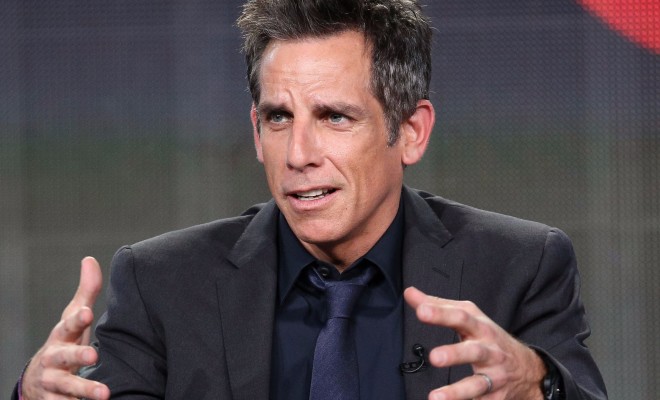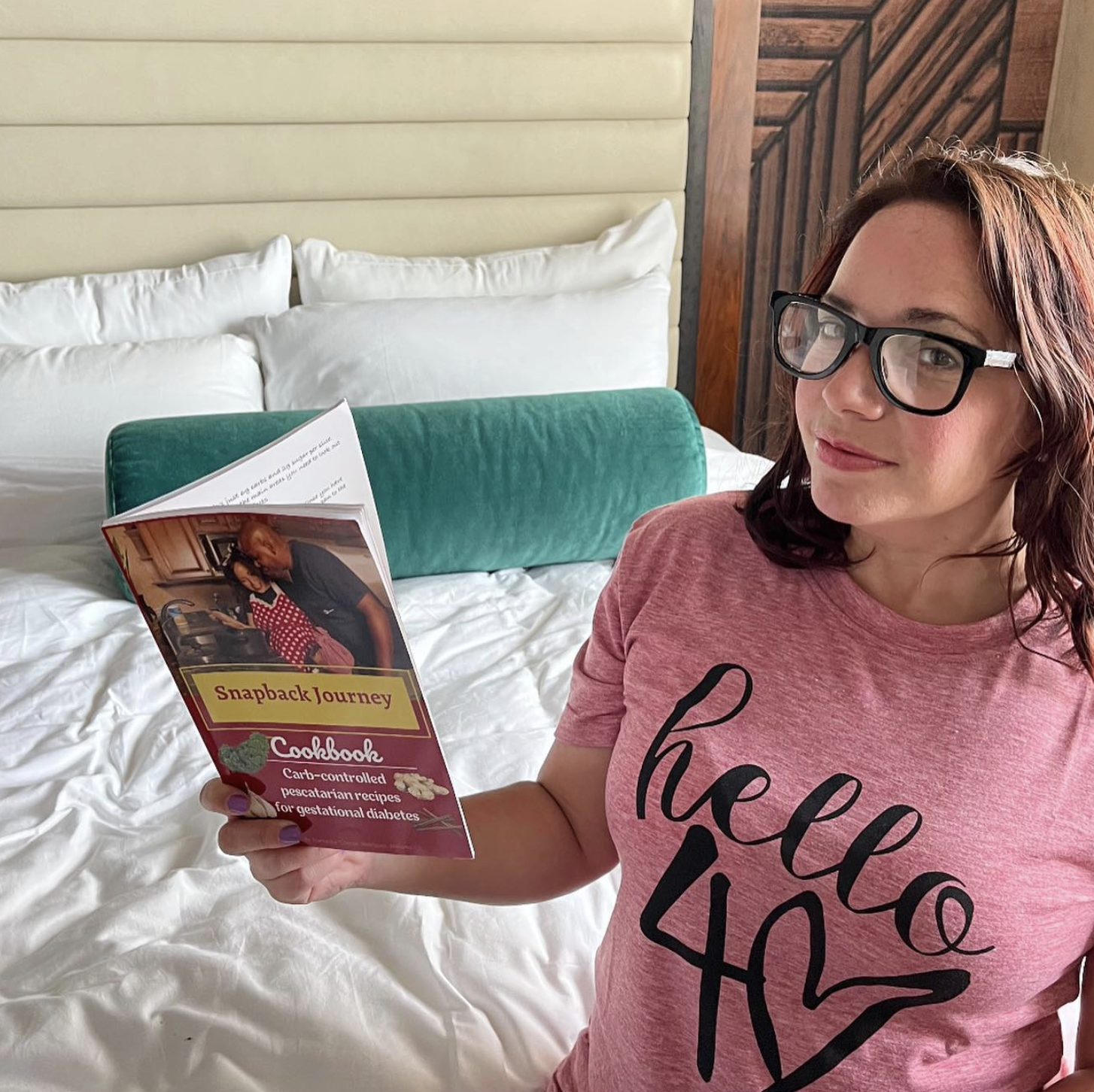
Be brave like Ben Stiller battling cancer
Ben Stiller Reveals He’s Been Battling Cancer for 2 years
Movie star Ben Stiller recently opened up about his 2-year battle with prostate cancer. On October 4th, Stern spoke on The Howard Stern Show and was very candid about his cancer diagnosis.
“I got diagnosed with prostate cancer Friday, June 13th, 2014. On September 17th of that year I got a test back telling me I was cancer free. The three months’ in-between were a crazy roller coaster ride with which about 180,000 men a year in America can identify.”
Although Stiller is reported to be cancer-free, he is still getting tested regularly and is now an advocate for the test he says saved his life. According to Inquisitor he says, “I wanted to talk about it because of the [PSA] test… I feel like the test saved my life.”
The PSA test is a blood test given to men to help detect prostate cancer. According to he National Cancer Institute The National Cancer Institute, “The PSA or Prostate-specific antigen is a protein produced by cells of the prostate gland. The PSA test measures the level of PSA in a man’s blood…The blood level of PSA is often elevated in men with prostate cancer.”
After the interview with Stern; Stiller wrote a statement on Medium.com where he explains his experience and importance of the PSA test. He writes;
“Taking the PSA test saved my life. Literally. That’s why I am writing this now. There has been a lot of controversy over the test in the last few years. Articles and op-eds on whether it is safe, studies that seem to be interpreted in many different ways, and debates about whether men should take it all. I am not offering a scientific point of view here, just a personal one, based on my experience. The bottom line for me: I was lucky enough to have a doctor who gave me what they call a “baseline” PSA test when I was about 46…This is a complicated issue, and an evolving one. But in this imperfect world, I believe the best way to determine a course of action for the most treatable, yet deadly cancer, is to detect it early.”
Learning you have been diagnosed with cancer can be very freighting. People usually become overwhelmed and fear the reaction they may receive from family and friends. According to the American Cancer Society there are steps one can take when sharing a diagnosis with loved ones.
- How do you feel about it? – There can be many emotions you can have after learning about a diagnosis and beginning to know your treatment options. “It’s normal to wonder, “Why me?” or to feel sad, angry, or afraid. Physical and chemical changes from the treatment or the cancer itself can also affect your emotions. The first step is to admit to yourself how you feel. It’s OK to let yourself feel the way you do.”
- Getting ready to talk to others– “Only you can decide when to tell your friends and family you have cancer. People are very sobered by the news that someone has cancer. Most people need and want to talk to someone when they find themselves in this kind of situation… Sometimes, telling those closest to you helps you take in the reality of what’s happening. Some people find that by talking, they begin to solve problems and think about other issues as their family and friends ask questions.”
- Deciding who to tell- Making a list of people can be very helpful. “People usually tell their spouse or partner first, then other family and close friends. It’s also important to tell your children, which might require more preparation depending on their ages. If you work, think about whether you want to let your co-workers know what’s going on and how much they need to know.”
- Find what works for you- “Try different things until you find what works for you. When you keep other people involved and informed about your illness, it helps ease your burden. Friends and family can share their strength and concern with you and with each other, which can be helpful for everyone involved.”
- Ask how they feel about it- Asking loved ones how they feel about the news can be very helpful. You can say, “How are you doing? Can you believe this?” This gives your friend or family member permission to talk with you about their feelings. But if you’re not ready to hear about their fears and worries, don’t ask. Sometimes you may not want to talk about how you feel or about how others feel. You can gently tell others this just by saying something like, “You know, usually I am OK talking about things like this, but today I just can’t handle it. I’m sure you understand.”
- Keep life as normal as possible- As much as you can, allow yourself and your family members to keep life as normal as possible while you’re getting treatment. Encourage your family to keep doing the things they always did without feeling guilty (enjoying hobbies, playing sports, exercising, spending time with friends, and so on). Children, especially, benefit from the routine, but adults also find that it offers them an anchor for day-to-day life.
Dealing with a disease of this magnitude is not easy so try and be there for your family or friends going through this a devastating time in their lives. Ben Stiller was brave enough to share this with the masses to inform us and help us to understand the struggles in those suffering with the deadly illness.
Amanda Rey







